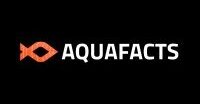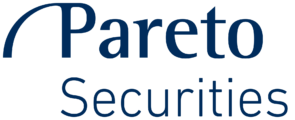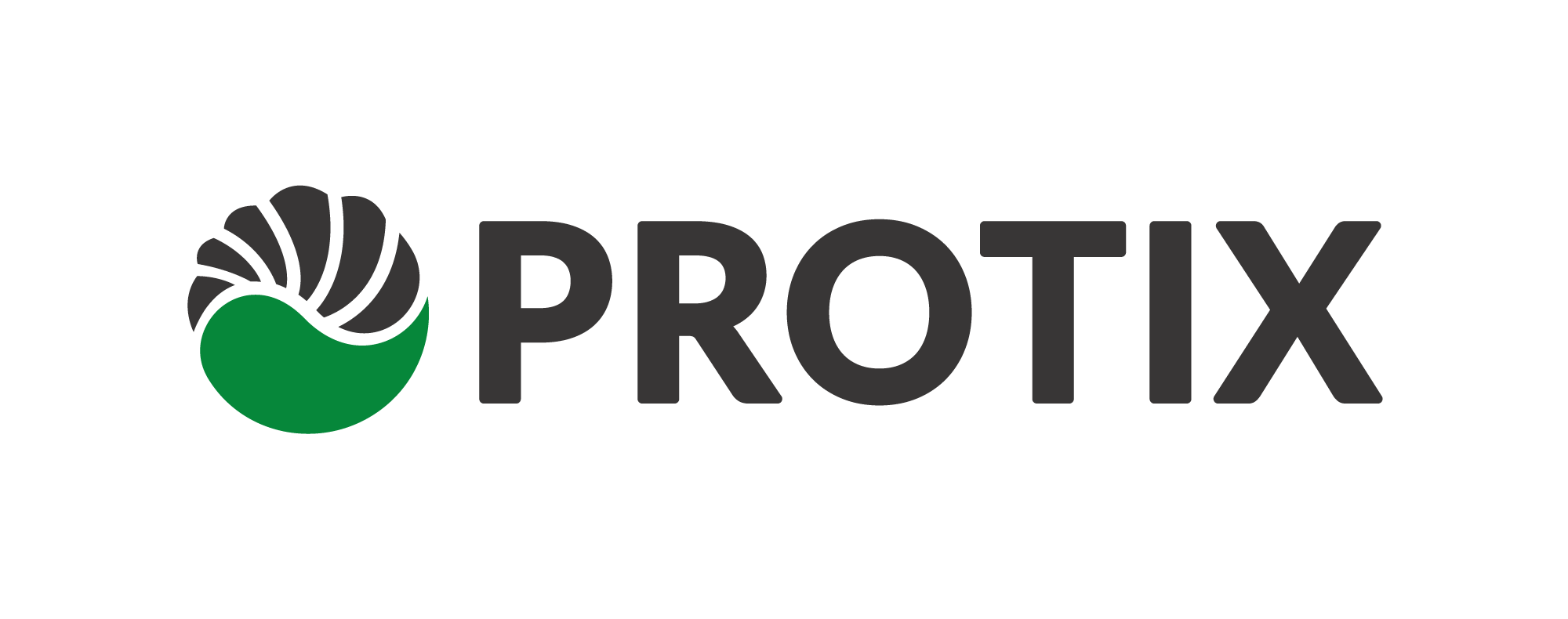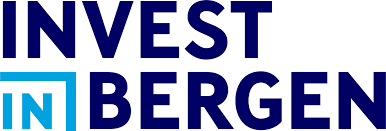Decision makers gather again at NASF at a crucial time for the seafood industry
The seafood industry gathers once again in Bergen with a line-up full of experts to discuss the critical topics of development. The North Atlantic Seafood Forum is back after a digital hiatus in 2021 forced by the COVID-19 pandemic.
The event, to be held from June 21 to June 23 in Bergen, will once again provide a space for industry, financiers, and regulators to meet up, discuss, and get a better understanding of where the industry stands.
Top-level executives will finally have the chance to meet face to face at a global conference, something that has been missed by people around the world, not least by those in the seafood sector.
Morten Hyldborg Jensen is a veteran executive
in the seafood industry. He has been on the board of the Norwegian Seafood Council for more than four years before as well as the Norwegian Seafood Federation. He joined NorwayAker Seafoods in an executive role in 2002 and later on stepped up as Team Manager at Leroy Seafood’s frozen whitefish department.
In 2018, Jensen joined his current company, Insula, as COO of Whitefish and CEO of Nordic Group in Trondheim.
For him, having attended every North Atlantic Seafood Forum, this year’s show will have a special significance given the circumstances of the past three years.
“You really can’t replace in-person meetings with Teams,” he said. “I am looking forward to seeing people face to face, there is a strong social factor in industry gatherings that makes these encounters relevant.”
 The North Atlantic Seafood Forum is now at nearly 800 delegates from all over the world. The quality of the people attending the conference and the topics discussed, as well as the momentum the seafood industry is living, will make it an important opportunity for discussion and knowledge-sharing.
The North Atlantic Seafood Forum is now at nearly 800 delegates from all over the world. The quality of the people attending the conference and the topics discussed, as well as the momentum the seafood industry is living, will make it an important opportunity for discussion and knowledge-sharing.
“People at the North Atlantic Seafood Forum are top professionals in the seafood industry from different sectors around the world, they are decision-makers,” he said.
“Having the chance to meet informally, to greet people, and of course to speak in front of executives, government agencies, and financial institutions, has a huge impact.”
The industry is going through major changes led both from within and from the outside. Companies’ efforts to further reduce the carbon footprint of seafood, as well as the emergence of new technologies and social awareness on aspects such as animal health and efficient transportation are pushing the industry forward.
“We have a big job to do,” said Jensen. “It saddens me to see that NGOs are attacking us, because seafood is part of the solution to the climate crisis, and we need to better educate people on what we are doing right, and of course, we also need to improve many aspects.”
The main areas for improvement, he says, are transportation, production methods, and feed.
“There is a lot we need to do, and there is a huge focus on this, but we should not forget that seafood already has a low carbon footprint compared to other proteins, and that sustainability is very much on the agenda.”
There will be a section of the conference dedicated to transportation, of which there is much to be said and discussed about.
When it comes to transportation, there are many companies looking for better alternatives to the ones currently being used.
“The aim is to replace air transport with sea transport, or even and road transport, both with train and truck freight when possible,” Jensen said.
“But of course, the problem is the transit time and the shelf life of the product once it gets to the market, so we know that we need to reduce seafood airfreight.
A lot of companies are looking at other solutions, such as sub-zero transportation temperature without deep freezing, so there are people working on solving all this with better solutions.”
In addition, restrictions related to COVID-19 have led to several challenges in transportation affecting major ports, such as Dalian in China, and Los Angeles in the United States.
Such changes have resulted in the introduction of changes to alleviate bottlenecks, but uncertainty still remains on the efficiency of these measures.
“It would be interesting to hear from the transport industry when they see these issues being solved.”
COVID-led issues are not only related to logistics, but also to workforce. According to Jensen, there are more factors now playing a role in workers decisions to go to another country to work.
Of course, informal discussions, panels, and presentations will cover many of these questions at the North Atlantic Seafood Forum.
And to those attending, it is strongly encouraged to book an extra day for sight-seeing at the city, which has a stunning landscape.
“It really is a luxury to be in the center of town feeling that you’re in a city, and to be able to be in complete nature in ten minutes,” Jensen said.
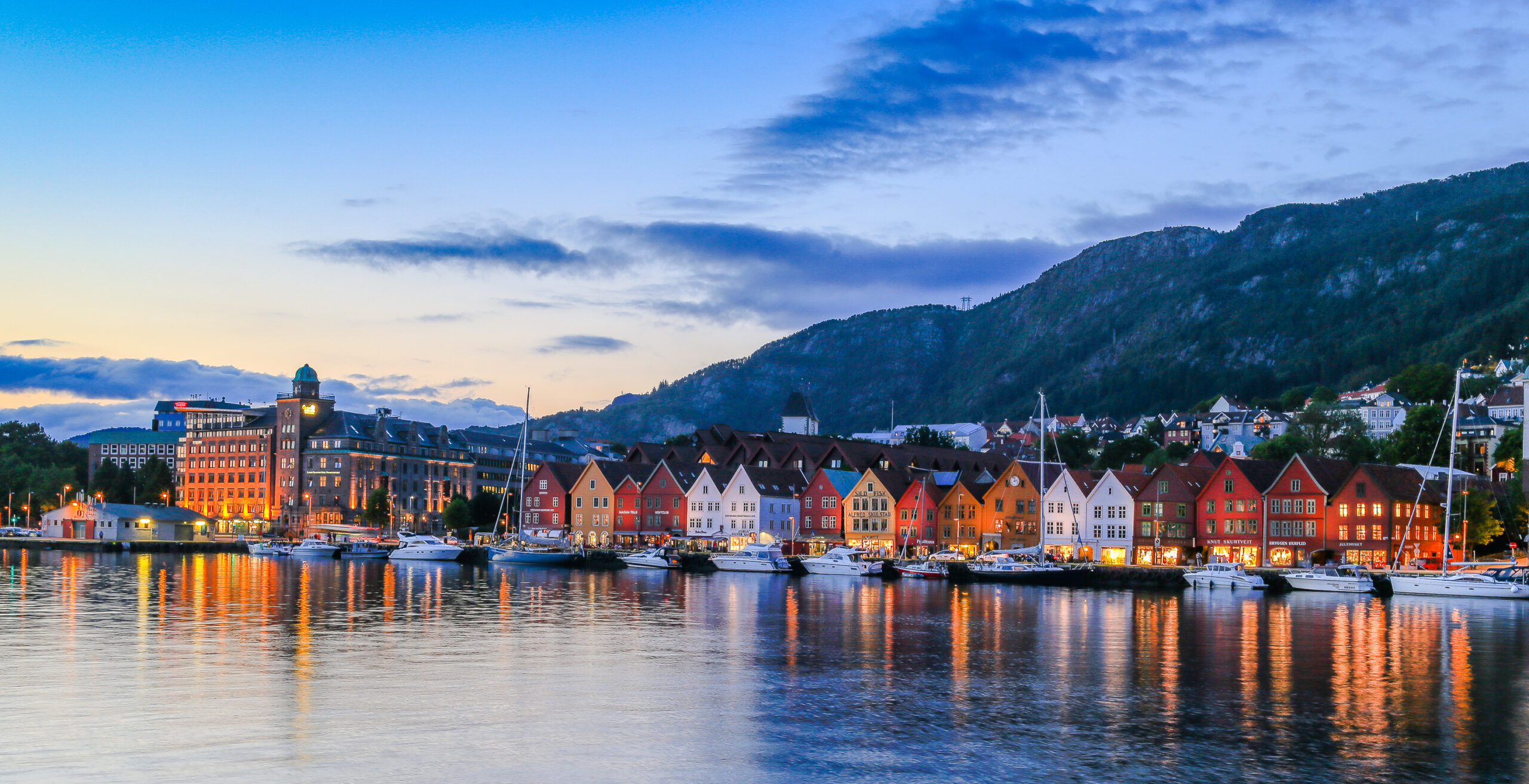
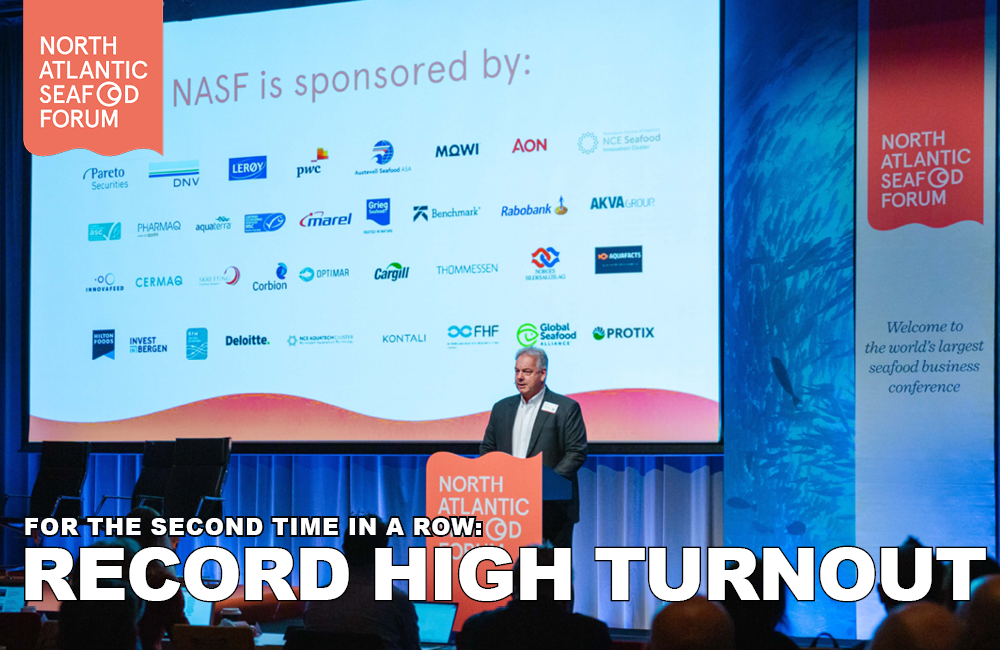
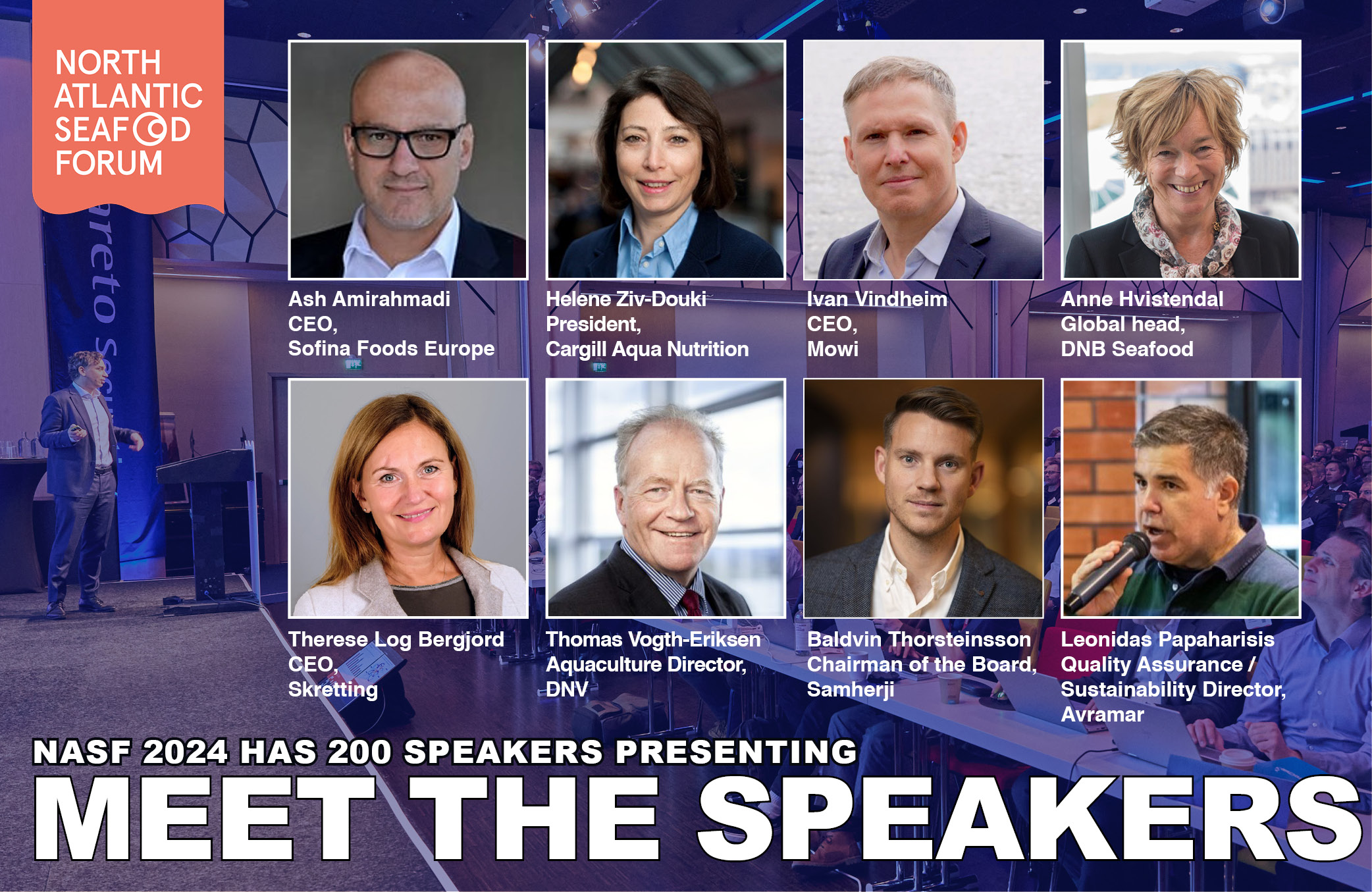
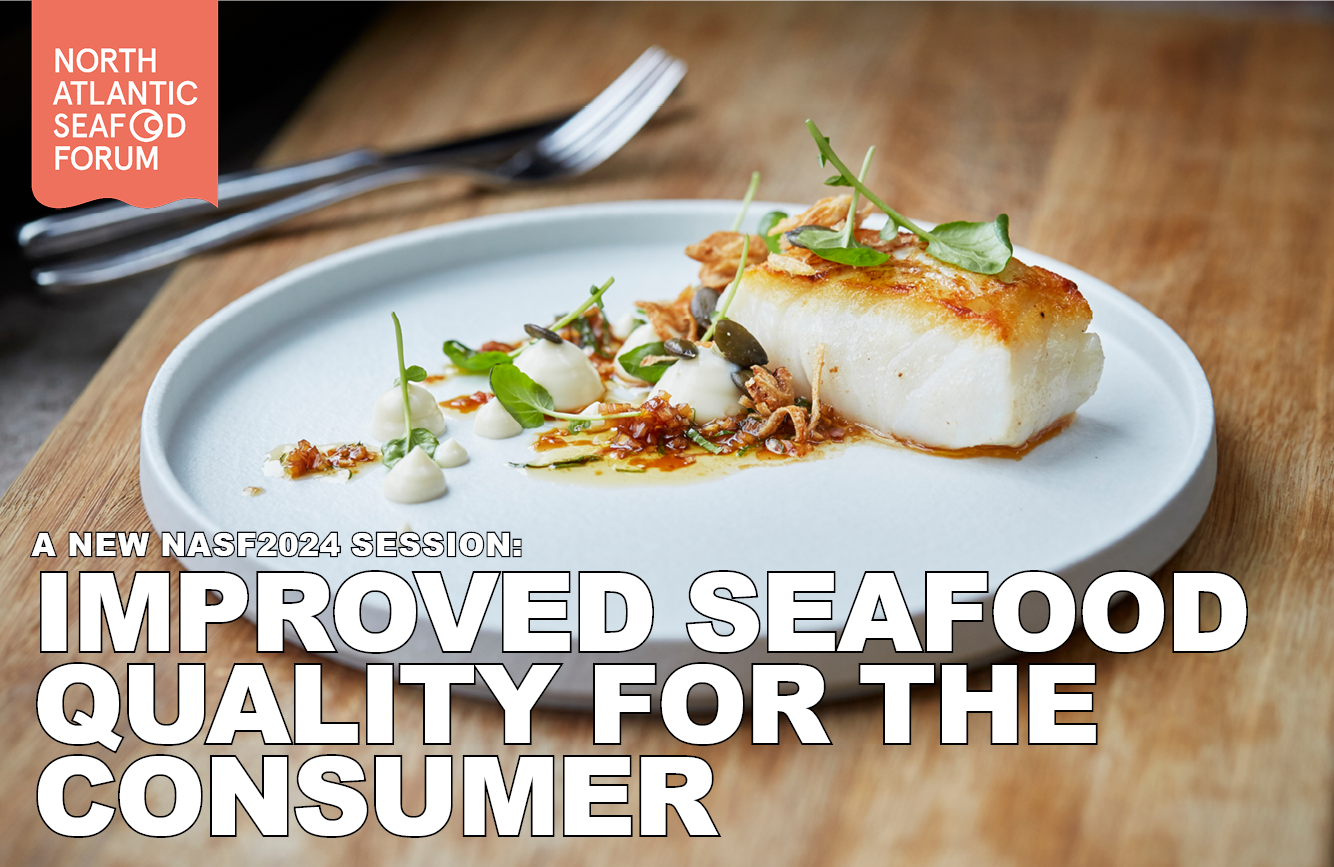









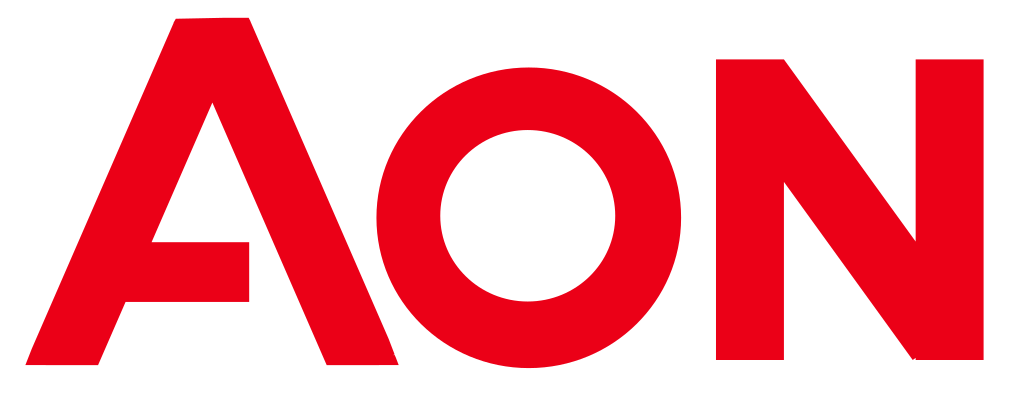
![ASC_Logo_DAN_Landscape_OL[1]](https://nor-seafood.com/wp-content/uploads/2021/12/ASC_Logo_DAN_Landscape_OL1-e1639909780760.png)













